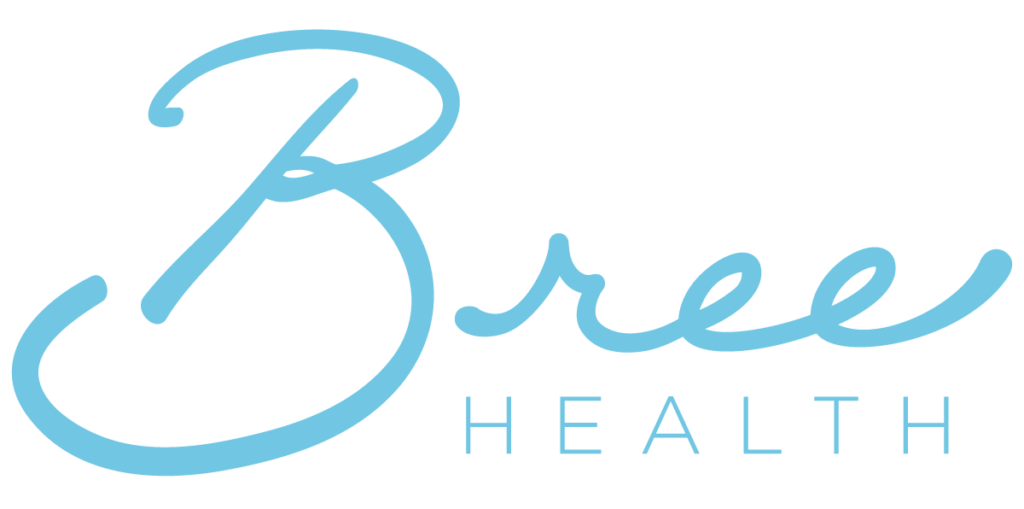In the realm of Human Resources, our role extends beyond the traditional functions of recruitment and benefits administration. We play a vital role in fostering a workplace environment that values the well-being of employees. One significant aspect of this responsibility is identifying and addressing mental health issues, including depression, among our workforce. Depression is a widespread mental health condition that affects millions of individuals worldwide, and it can have a profound impact on an employee’s ability to perform their job effectively. In this blog, we will explore the importance of recognizing the symptoms of depression in employees, discuss the potential consequences of overlooking this issue, and provide guidance to HR professionals on how to identify and support employees who may be struggling with depression.
Understanding the Prevalence of Depression:
Depression is a common mental health disorder characterized by persistent feelings of sadness, hopelessness, and a lack of interest or pleasure in activities. It is more than just occasional feelings of sadness; it is a clinically diagnosable condition that can affect anyone, regardless of age, gender, or background. According to the World Health Organization (WHO), depression is the leading cause of disability worldwide, affecting over 264 million people. HR professionals are supporting the mental health concerns of their team by providing Bree Health. Bree Health serves today’s employees through cutting edge smart technology all in the convenience of an app. Not only do users receive professional live coaching and mental health resources, but Solutions Paths that break down each Area of Wellness that pertains to them. To learn more, visit https://breehealth.com/explore-app/.
The Importance of Identifying Depression in the Workplace:
Depression can have a significant impact on an employee’s work performance, attendance, and overall well-being. Here’s why it’s crucial for HR professionals to recognize the symptoms of depression in employees:
- Employee Well-Being: Early identification and intervention can help employees get the support they need to manage their depression effectively and improve their mental health.
- Productivity: Untreated depression can lead to decreased job performance, absenteeism, and presenteeism (being physically present at work but not fully engaged), which can affect the organization’s bottom line.
- Retention: Employees who receive support and accommodation for their mental health needs are more likely to stay with their current employer, reducing turnover rates.
- Legal and Ethical Obligations: Many jurisdictions have laws and regulations that require organizations to provide reasonable accommodations for employees with mental health conditions, including depression.
- Fostering a Supportive Culture: Demonstrating a commitment to mental health awareness and support fosters a culture of empathy and compassion within the organization, making it more attractive to current and prospective employees.
Consequences of Neglecting Depression in the Workplace:
Neglecting to identify and address depression in the workplace can result in several negative outcomes:
- Decreased Productivity: Employees with depression often struggle to concentrate and complete tasks efficiently, leading to decreased productivity and performance.
- Increased Absenteeism: Depression can lead to frequent absences from work, which disrupts workflow and increases the workload for colleagues.
- Higher Turnover: Employees with untreated depression may seek alternative job opportunities that better accommodate their mental health needs, resulting in higher turnover rates.
- Healthcare Costs: Employees with untreated depression may incur higher healthcare costs due to the physical health complications often associated with the condition.
- Legal Liabilities: Failure to provide reasonable accommodations for employees with depression can lead to legal consequences, including discrimination lawsuits.
Identifying Symptoms of Depression in Employees:
As HR professionals, it is essential to be vigilant in identifying symptoms of depression in employees. While not all individuals with depression will display the same signs, some common indicators include:
- Changes in Behavior: Watch for significant changes in an employee’s behavior, such as social withdrawal, increased irritability, or a loss of interest in previously enjoyed activities.
- Altered Work Performance: Be attentive to changes in work performance, such as increased errors, missed deadlines, or decreased productivity.
- Frequent Absences: Monitor attendance records for frequent, unexplained absences or prolonged medical leaves related to mental health concerns.
- Physical Symptoms: While depression is primarily a mental health condition, it can manifest physically, with symptoms such as fatigue, changes in appetite, and sleep disturbances.
- Emotional Signs: Pay attention to emotional signs like persistent sadness, mood swings, feelings of hopelessness, or expressions of guilt and worthlessness.
- Difficulty Concentrating: Employees with depression may have difficulty concentrating, making decisions, or remembering tasks.
- Self-Isolation: Individuals with depression often isolate themselves from colleagues and friends. Notice if an employee is consistently avoiding social interactions.
As HR professionals, our role extends beyond administrative tasks; we are the guardians of employee well-being. Recognizing symptoms of depression in our team members is not just a responsibility but a necessity. Depression can manifest subtly, from changes in work performance to shifts in interpersonal interactions. Addressing it requires a blend of empathy, understanding, and the right resources. Bree Health emerges as a beacon in this endeavor. With its AI-driven platform, Bree Health offers immediate, barrier-free access to mental health professionals and individualized well-being resources. By integrating Bree Health into our support systems, we can ensure that our employees have the tools and assistance they need, right when they need it, fostering a work environment that truly values and nurtures mental health.
![]() Visit our LinkedIn for expert advice that the HR industry can utilize with their employees, and to learn more about how HR professionals creating a healthier, more productive workforce by implementing Bree Health.
Visit our LinkedIn for expert advice that the HR industry can utilize with their employees, and to learn more about how HR professionals creating a healthier, more productive workforce by implementing Bree Health.

